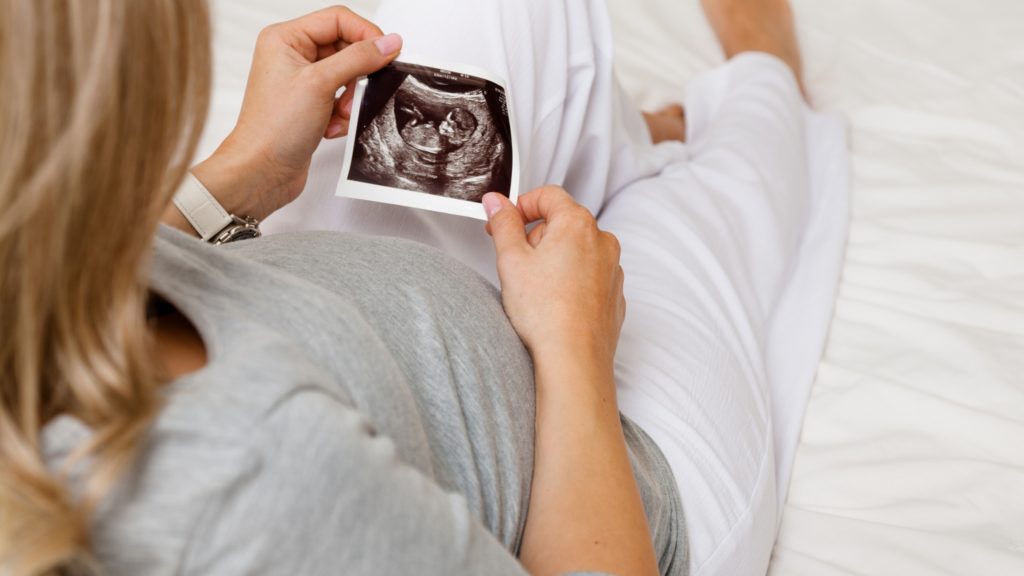
Children and adults with congenital heart disease need complex, multifaceted care for continued survival and quality of life.
"These heart defects may be silent when a child is born and might only surface as the person gets older," says Dr. David Majdalany, a Mayo Clinic cardiologist. Dr. Majdalany adds that many patients who were born with a congenital heart disease undergo an intervention of some kind and they think things are fixed. "They think they have no further need for cardiac surveillance, so they fall off the radar of getting followed because they feel so good," says Dr. Majdalany.
In this Mayo Clinic Q&A podcast, Dr. Majdalany addresses the issue of pregnancy for women who have congenital heart disease. He also details the intricacies and seriousness of congenital heart disease, emphasizing the need for good transitioning from pediatric care to adult cardiovascular care.
Watch: Dr. Majdalany discusses congenital heart disease.
Read the full transcript.
Learn more about Mayo Clinic's Center for Congenital Heart Disease.
____________________________________
For the safety of its patients, staff and visitors, Mayo Clinic has strict masking policies in place. Anyone shown without a mask was either recorded prior to COVID-19 or recorded in a nonpatient care area where social distancing and other safety protocols were followed.







